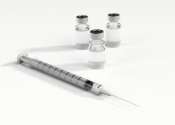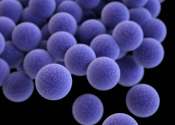Undocumented Latinx patients got COVID-19 vaccine at same rate as US citizens, study finds
For undocumented Latinx patients who sought care in the emergency room during the pandemic, the reported rate of having received the COVID-19 vaccine was found to be the same as U.S. citizens, a new UCLA Health study found.
1 hour ago
0
0









